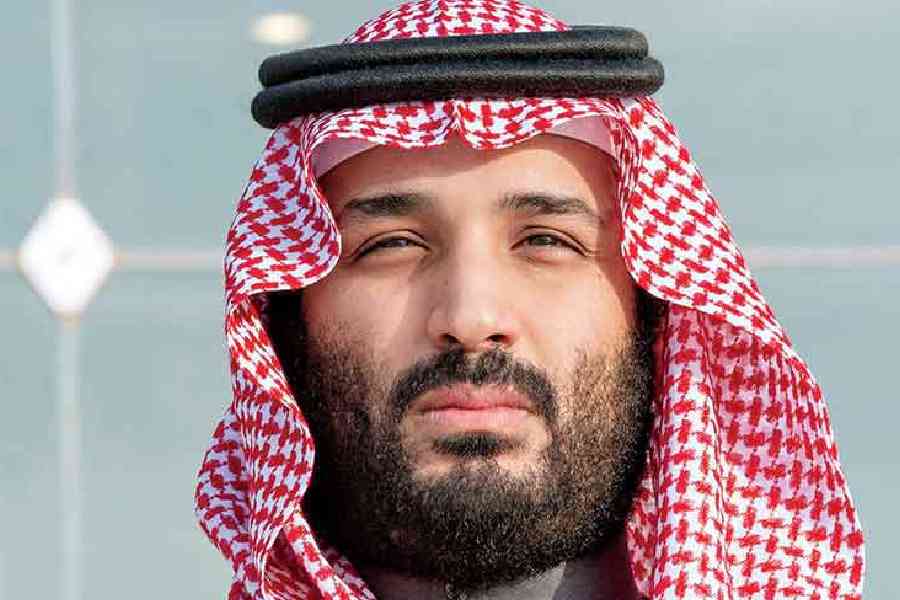Saudi Arabia, the birthplace of Islam, plans to open two new alcohol stores, including one serving non-Muslim, foreign staff at state oil giant Aramco, as the kingdom further eases restrictions, according to people briefed on the plans.
The launch of outlets in the eastern province of Dhahran and one for diplomats in the port city of Jeddah would be a further milestone in efforts, led by de facto ruler Crown Prince Mohammed bin Salman, to open up the country.
The kingdom, last year, opened an alcohol store serving non-Muslim diplomats in the capital Riyadh - the first such outlet since a ban was brought in 73 years ago.
A new store in Dhahran will be set up in a compound owned by Aramco, one of the three people who talked to Reuters said.
That store would be open for non-Muslims working for Aramco, added the source, who said Saudi authorities had informed them of the plan.
Two of the sources said a third liquor store was also in the works for non-Muslim diplomats in the city of Jeddah, where many missions have honorary consuls.
Both stores were expected to open in 2026, but no timelines had been released, two of the sources said.
The government media office did not immediately reply to questions over the plans for the stores in both locations, which were previously unreported. Aramco declined to comment.
There was no officially-announced change made to regulations after the opening of the Riyadh store in a nondescript building in the diplomatic quarter known to some diplomats as the "booze bunker".
The Riyadh store's customer base was recently expanded to include non-Muslim Saudi Premium Residency holders, two of the sources said. Premium residencies have been awarded to entrepreneurs, major investors and those with special talents.
Before the Riyadh store, alcohol was largely only available through diplomatic mail, the black market or home brewing and is still off limits for the vast majority of the population.
However, under bin Salman's reforms, both Saudis and foreigners can now participate in once-unthinkable activities, from dancing at desert raves to attending the cinema.
Other reforms have included allowing women to drive in 2017, easing rules on the segregation of men and women in public spaces and significantly reducing the power of the religious police.
The kingdom has been easing restrictions to lure tourists and international businesses as part of an ambitious plan to diversify its economy and make itself less dependent on oil.
In May a media report, picked up by some international media after appearing on a wine blog, said Saudi authorities had planned to allow alcohol sales in tourist settings as the country prepares to host the 2034 soccer World Cup.
The report, which was denied at the time by a Saudi official, did not give a source for the information.
That report had sparked a vigorous online debate in the kingdom, whose king also holds the title of Custodian of the Two Holy Mosques - Islam's most revered places in Mecca and Medina.
Social liberalization has proceeded at a breakneck pace but the leadership have taken a more gradual and cautious approach on the question of alcohol.
Saudi Arabia has been aggressively expanding its local tourism portfolio with the giant Red Sea Global development, which includes plans to open 17 new hotels by next May.
These ultra-luxury resorts remain dry.
Asked by Reuters this month if there were any plans to ease restrictions on alcohol to help attract foreign visitors, Saudi Tourism Minister Ahmed Al-Khateeb said: "We do understand that some of the international travellers want to enjoy alcohol when they visit the Saudi destinations but nothing has changed yet."
Pressed on whether "yet" meant that could soon change, he said: "I will leave it to you on how to elaborate on it."










